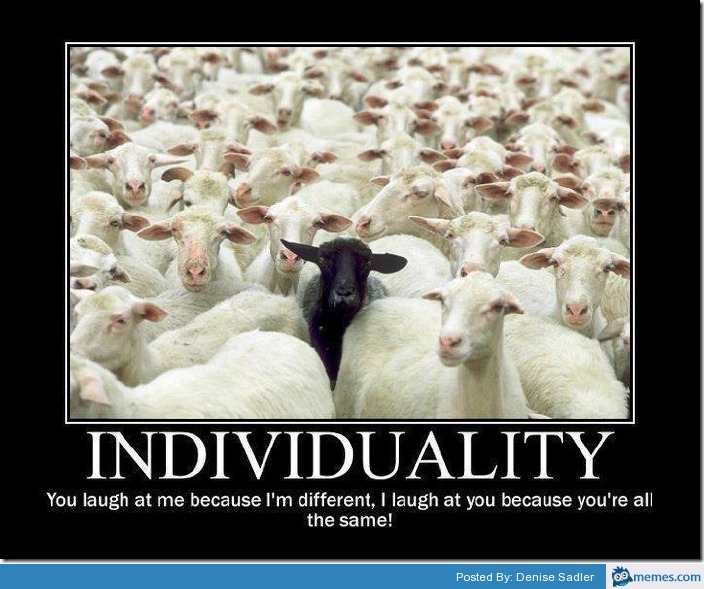Grades: An Oppressive System In Education
Reading The Case Against Grades brought up a TON of emotions for me this week. Some of the emotions this pieced evoked from me were anger, frustration rage and even a bit of embarrassment. I’m not embarrassed for my present self, but embarrassed for my younger self, the me 10-15 years ago who wasn’t among her high-achieving peers in the classroom. I went to school in a county, on a particular side of the county were high grade marks and straight A’s were an expectation of almost everyone. As hard as I tried, I wasn’t one of those students. I excelled in my elective classes like music/choir classes, home economics/teen living and sociology but could never seem to master’s subjects like physics, geometry and chemistry. It was embarrassing to receive my test scores and they sometimes be significantly lower than my peers.
In The Case Against Grades, Kohn mentions that several of the effects of grading are that grades tend to diminish what students are learning, grades create a preference for the easiest possible task and that grades tend to reduce the quality of students thinking. All of these statements resonate with me on a personal level. Within my discipline, Higher Education Administration, we reference Pedagogy of The Oppressed by Paulo Freire. In tis book, Freire mentions the baking model which American elementary, secondary and postsecondary education systems seems to adhere strictly to. Because this system adheres to this restricting system of education, students are not allowed to think freely and make meaning of what they learn for themselves (e.g. Mindful Learning), but rather they are “learning” to regurgitate information for an exam. Grading restricts students and forces them to not necessarily meditate on what they’re learning but rather they can skim books and lessons for what they need to know. They are not told that it is okay to challenge the author, the professor(s)/teachers and each other on their thinking and thought process. Essentially, students are not taught to think at all. Grades are a way of inhibiting students learning. If students do not receive good grades, they are thought of as less than adequate and labeled as “problem” children when in fact, many of those labels could not be further from the truth.
I was never labeled a problem child, but I was told that college may not be in the cards for me. I was a good, well-mannered, well-behaved young girl with many big hopes and dreams. In high school, no one EVER thought I’d be the one to go to college, much less obtain a master’s and thinking about pursuing a doctorate. Grades do a huge disservice to our students because they label our students and put them in a box, typically a good, okay or bad student box. These boxes, these labels send the wrong message to our students. By not allowing them to practice mindful learning and engage in an academic learning space that not only encourages them to ask questions but REQUIRES it of them; think of the culture shift that will take place in the education system. I think it’s past time that we change the way that we evaluate our students learning. While many believe that this shift needs to start in the primary and secondary educational settings, I believe it starts in the post-secondary world. If we change the way we evaluate our undergraduate students, high schools will make the switch, then middle then elementary. It’s a chain reaction that ultimately starts on our level. I dare you as an educator, as an administrator to be a part of making that culture shift.




